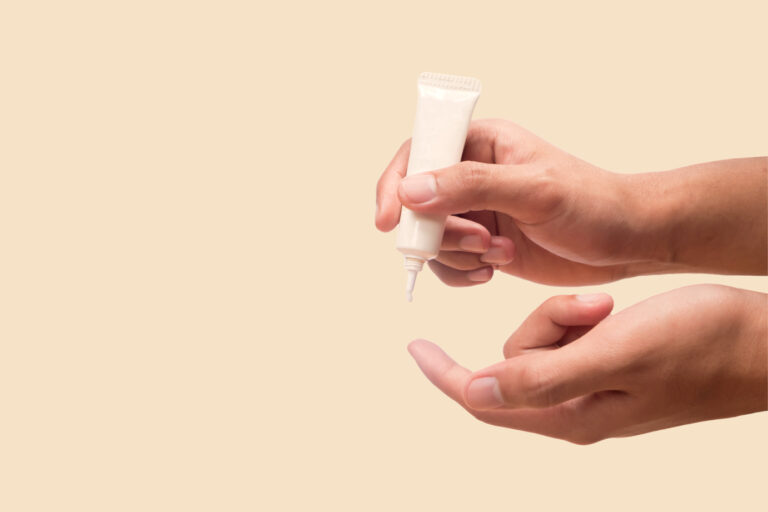As a sexually active person, you bear an ethical responsibility to educate yourself to keep your partner(s) safe. Merely assuming that because your partner looks a certain way means they don’t have anything infectious that you could catch is a false veil of protection. People of all types can have an STI, regardless of sexual orientation, identity, age, race, or appearance. Practicing safe sex is sexy, and if you don’t think so yet, it’s not too late to start. Even if you had sex ed in middle school, you might still have some unanswered questions when it comes to STIs, how it’s different than an STD, and how to get tested. Protecting yourself from the unwanted symptoms of sexually transmitted infections can be as easy as getting the right information and applying it to your sexual life.

STI or STD?
The acronym STD stands for Sexually Transmitted Disease while STI stands for Sexually Transmitted Infection. The word disease carries a lot of weight and stigma, which can trigger fear and shame. For this reason, STD is getting phased out and replaced with STI in an attempt to normalize medical issues that can happen to anyone having sex.
STIs are common and the majority of STIs might not even show symptoms of them. According to the World Health Organization, more than 1 million STI’s are acquired daily worldwide.
When should I get tested?
Everyone who has sex should get tested for STIs. But, consider it more specifically if:
- You have a new sexual partner(s).
- You or your partner(s) have other sexual partners and it’s been more than 3–6 months since your last test.
- You notice any changes in your body.
- You had sex with someone who has an STI.
- You had sex without a condom or the condom broke.
How do I get tested?
If you have a family doctor or gynecologist, you can ask them for STI testing (be sure to ask, even if your doctor doesn’t bring it up) It’s okay if you feel awkward asking, but remember that they have seen and done this many times. Your doctor should ask you if you’re having sex with men, women or both, as well as asking if you’re having oral, vaginal or rectal sex. This helps doctors to understand where to check for STIs and do the relevant swabs. If you are experiencing any symptoms, telling your doctor about them will help them figure out what test you need.
If you don’t feel comfortable asking your doctor or if you don’t have one, you can google “sexual health clinic” or “hassle-free clinic,” followed by the name of your city to find a place to be tested.
It’s good to know specifically what you want to get tested for and here’s a handy checklist you can bring to your visit. That way you don’t have to worry about getting flustered and forgetting to ask something.
You should always arrange to follow up to know the results of your STI testing. If your results come back positive (meaning you have an STI), your healthcare practitioner will guide you about what treatments are available.

How do I tell my partner about my STI?
It’s important to notify your sexual partners should you get diagnosed with an STI. You can notify your sexual partners, or the public health unit can anonymously notify them on your behalf (see more details on this below).
Should you choose to disclose an STI in conversation with a sexual partner yourself, here is what you should relay:
- Tell them you have been tested and that you are being treated for an STI.
- Disclose what the STI is and explain it in simple language.
- Let them know that you’re being treated and what the treatment includes.
- Ask if they have questions.
Getting support after the fact
Reach out to a close friend or family member that knows about your situation if you need support. For support from a professional, there are lots of ways to connect with a counsellor either via online chat services, on the phone or in person. Your city may have a sexual health hub or community centre with support groups. Here’s an example of one organization based in Toronto.
Ultimately, there is no one way to feel if you do find out you have an STI. But lots of support and clear, accurate information help make it more manageable.
Co-written by Yazmin Harris



